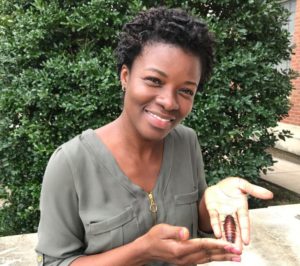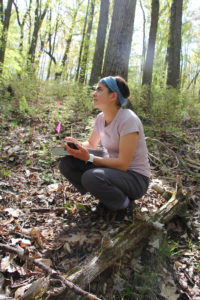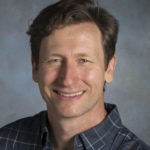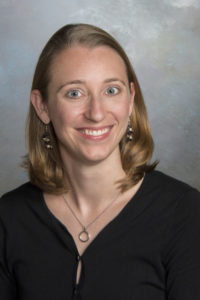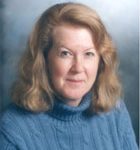
Professor and Chair of Biological Sciences Lynn Lewis
Professor and Chair of the Department of Biological Sciences Lynn Lewis weighed in on an editorial in The Free Lance-Star entitled “Science, personal choice must work together.”
Lynn Lewis, Ph.D., has a better feel than most for using science in making policy. She’s professor and chair of biological sciences at the University of Mary Washington, and she’s involved with advising school leaders on the policies UMW should follow on the pandemic.
“Science is not static,” she says. “There are always questions, and things are never known beyond a shadow of a doubt.”
So when guidelines switch from vaccinated people don’t need a mask to you must mask regardless of vaccination status, it’s because the information we have has shifted. “It’s not that you’re getting conflicting information,” she says, “it’s that things on the ground have changed.” Read more.
